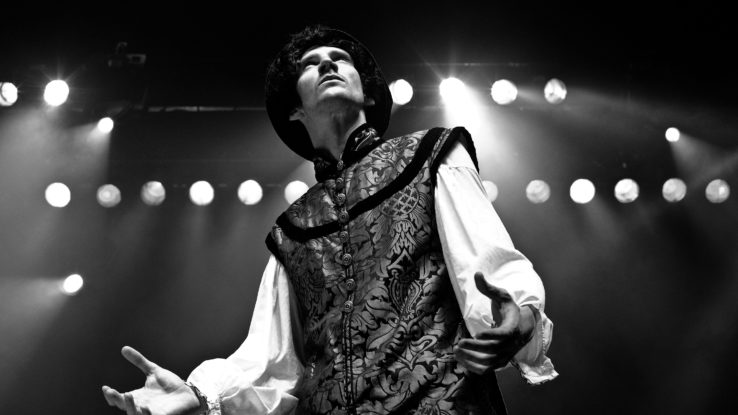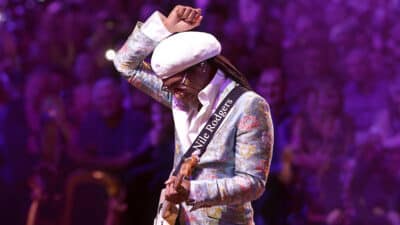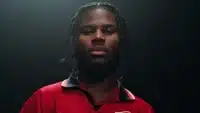Music

The History of the Box Office
The humble box office is the gateway to some of our greatest experiences. Queuing along the sticky floor of your local cinema with your first crush, desperate to grab a pass for two hours of parent-free alone time (‘got anything in the back row?’). Hearing and feeling the wind-tunnel rush of a club’s bassline as it punches through the floor toward the punters waiting in line. Grabbing a spur of the moment return to a piece of life changing theatre. The journey towards that little window is as much a part of the live entertainment experience as conversations with strangers on the last train or telling work you’re pretty sure you’ll have food poisoning tomorrow.
But where did it start? We know that theatre tickets run back as far as Ancient Greece, where they were introduced as a safety measure: theatre was such a big deal that crowds of thousands would turn up, leading to stampedes and an all-round health and safety nightmare. Ticketing, if anything, drove the popularity of theatre up further, giving it the allure of exclusivity. Still, it wasn’t exclusive in the way that we would understand it: capacity was often around 20,000. In some theatres, the best seats weren’t those closest to the stage, but those at the top of the theatre with a good view of the surrounding area. I know I’ve sat through a play or two when I’d have welcomed that…
The term ‘Box Office’ in the sense we use it was first used in English in 1786. Its roots go back far further, however. In the theatres which sprung up throughout Elizabethan London, the first use of ticketing as a way of dividing up seating by quality was put into play. In a crude system, those wishing to enter the pit would pay a penny to one collector on the door. Those wishing to sit in the first gallery would pay another penny to a collector at the bottom of the stairs, and those highfalutin enough to sit in the second gallery would pay another penny to another collector on the way up. What did these collectors keep the cash in? Why, boxes of course. And where did they store these boxes away from prying hands? Well, the office, where else?
Nowadays, of course, while box offices managers still keep a careful eye on audience numbers and ticket sales, we don’t need the physical box office for petty concerns like this. Instead, box offices form part of an important ritual: the anticipation. Many events have traditions of punters queuing overnight at the box office. At Wimbledon, queuing from the wee hours for the 500 centre court tickets released at 9am is as essential as strawberries and cream for many tennis nuts. Traditionally, round the clock lines have been a rock n roll thing – many of The Rolling Stones’ most legendary performances have been marked by epic waits by of desperate fans, from their star studded Brixton Academy tour de force of 1995 to their 1972 arrival in America.
The queue itself is deeply ingrained in British culture. Winston Churchill may have hated it (he associated it with socialism), but his state funeral drew a queue three or four deep, as did the Queen Mother’s decades later. From our high points (the Blitz Spirit) to our lows (the crushing unemployment of the late ‘70s) the Queue has always emerged as a symbol of the state of the nation. The historian David Stewart-David even recently suggested that Brits abandoning queues was a sign of deep-rooted decline. Maybe it’s this that explains the continued popularity of the box office in a digital age.
Or maybe it’s the personal service: the fact that your night, or day, or weekend of leisure and pleasure, whether it be debauched or delicate, begins with another human handing over your pass, welcoming you in. Last month, research by Redshift found that 43% of online shoppers have stopped buying digitally in the past twelve months, almost half because they miss the lack of interaction.
So long live the box office. Why don’t you tell us what it means to you? Maybe it’s where you got your first job at a local cinema or grimy club, maybe you’ve spent hours, days, weeks queuing for your favourite band, or maybe you’ve got a story about a member of staff. Let us know!
Written on behalf of Ticketmaster by Josh Lowe.









